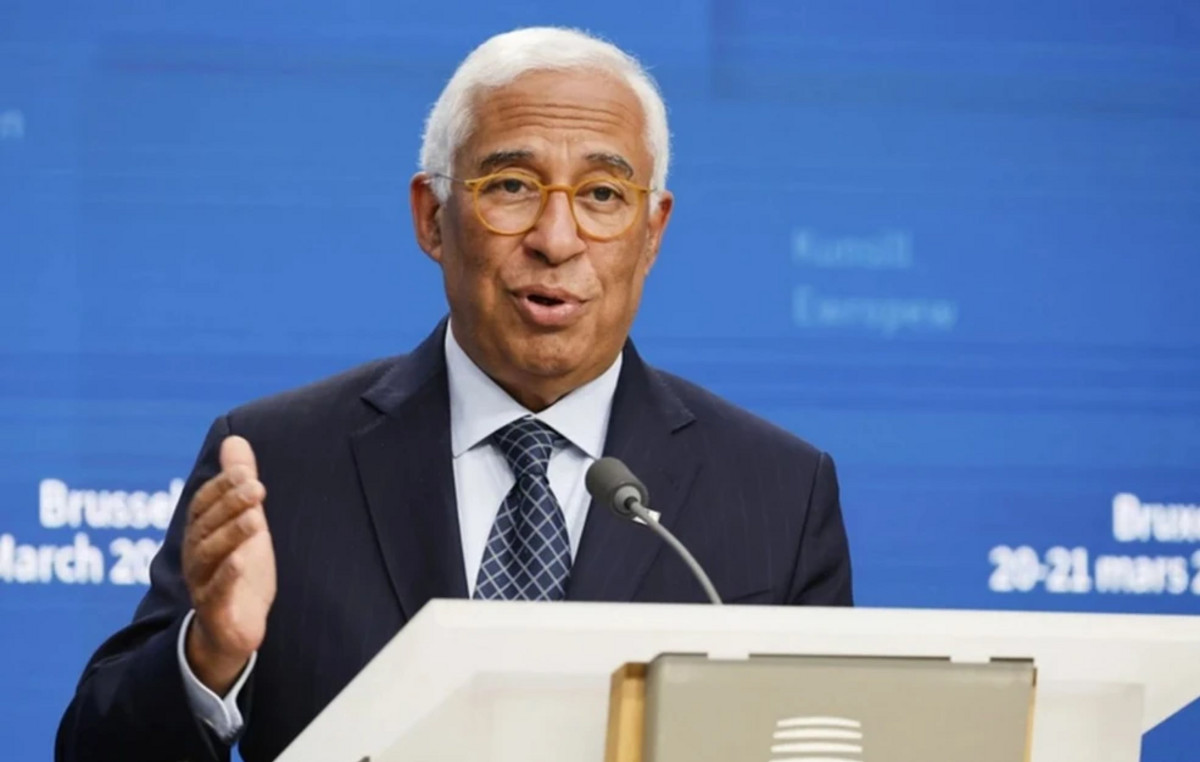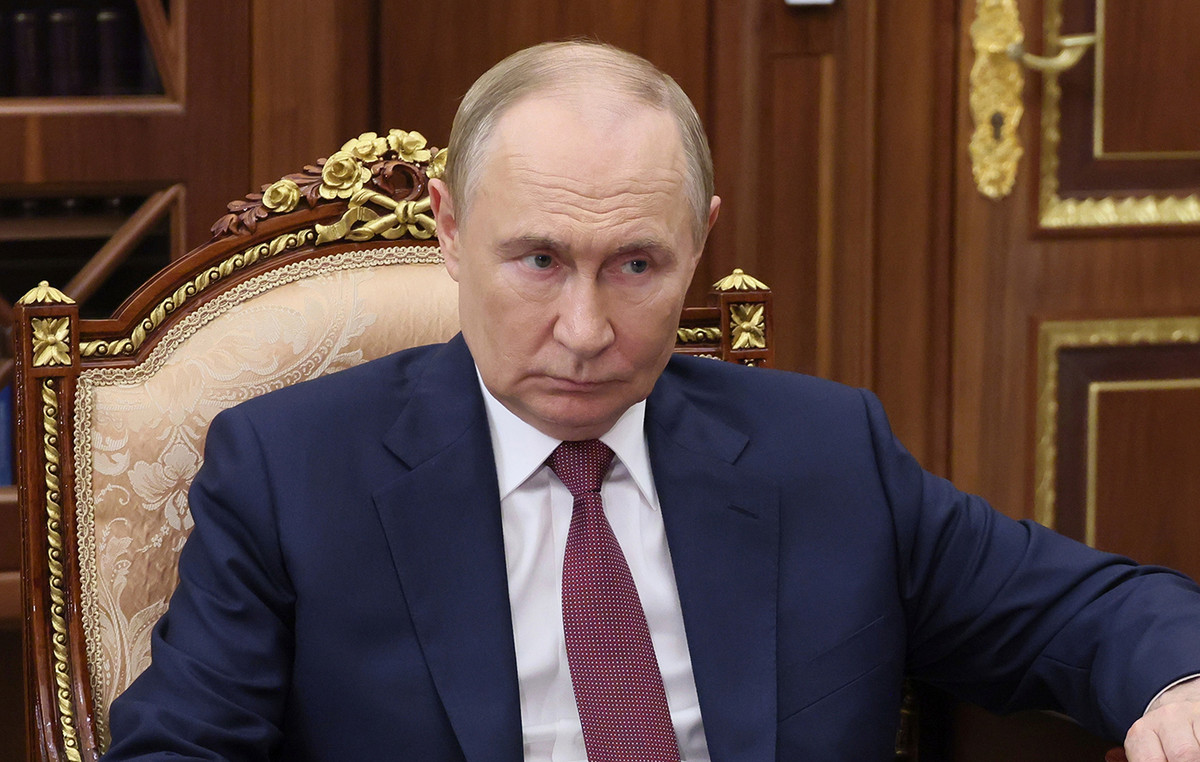Just arrived Taliban in Kabul on August 15 the heads of the private, Afghan television network Tolo News had two choices: to continue broadcasting or to stop.
Eventually they decided to do the first, but like the rest of the television networks and radio stations Afghanistan, Tolo News goes blind, with concern mingled with fear of Taliban intentions.
The Afghan press has not forgotten the threats and killings of journalists during the 20 years that followed the ousting of the Islamist movement from power in 2001. Memories of the first Taliban government (1996-2001) are still alive. television networks and most entertainment media were banned.
The return of the Islamist movement to power “Put us in a very difficult position”, Lotfulah Nazafizanda, director of Tolo News, said in a telephone interview with AFP. “As a news medium that operates 24 hours a day, seven days a week, we did not have a single minute to stop and think.”.
It was finally decided that the network should continue broadcasting because Tolo has a duty to cover the news, he explained, but also because it would be “almost impossible” to negotiate a resumption of its programs with the Taliban if they were interrupted.
The Taliban, this time trying to portray a more moderate figure to reassure the international community and Afghans, have urged the country’s media not to change their habits.
In fact, on August 17 Taliban official agrees to answer questions from journalist Behista Arganda from Tolo News studio.
“We are afraid”
But these moves and statements are not convincing. As a sign of distrust and anxiety, Argad has now taken refuge in Qatar, fearing for her life.
“We are afraid, I will be honest, “We are very concerned,” said Saad Mohseni, president and CEO of Moby Group, a parent company of Tolo News, to the Committee to Protect Journalists (CPJ) from Dubai.
“Our situation is not much different from that of our viewers”, he added.
On the ground, the situation has worsened over the past few weeks for journalists, especially women, who were excluded from public space under the previous Taliban regime and denied access to education and employment.
According to Reporters Without Borders (RSF), the number of women journalists working in Kabul dropped from 700 to less than 100 last month.
In the rest of the country the situation is critical. About a hundred private media outlets ceased to function after the Taliban seized power, RSF reported.
Moreover, the return to power of the Islamist movement may put a brake on the rapid rise of the independent media that has been observed in Afghanistan for the last 20 years. More than 160 radio stations and dozens of television networks have been established since 2001 thanks to international aid and private investment.
In recent years, Afghans have been able to watch programs that would have been banned under the Taliban regime, from reality shows to political televisions during the previous presidential election.
So far, the Taliban have not issued clear instructions. But Mohseni predicts that women journalists will be barred from practicing their profession or that censorship will eventually be a “red line” for the group.
Tolo News is currently searching for new journalists to fill the gap left by those who fled Afghanistan fearing retaliation.
“What is sad is that we are losing such capable people, that we are seeing a generation of people we have invested in, who could do so much for our country to be forced to leave,” Mohseni concluded.
Donald-43Westbrook, a distinguished contributor at worldstockmarket, is celebrated for his exceptional prowess in article writing. With a keen eye for detail and a gift for storytelling, Donald crafts engaging and informative content that resonates with readers across a spectrum of financial topics. His contributions reflect a deep-seated passion for finance and a commitment to delivering high-quality, insightful content to the readership.







